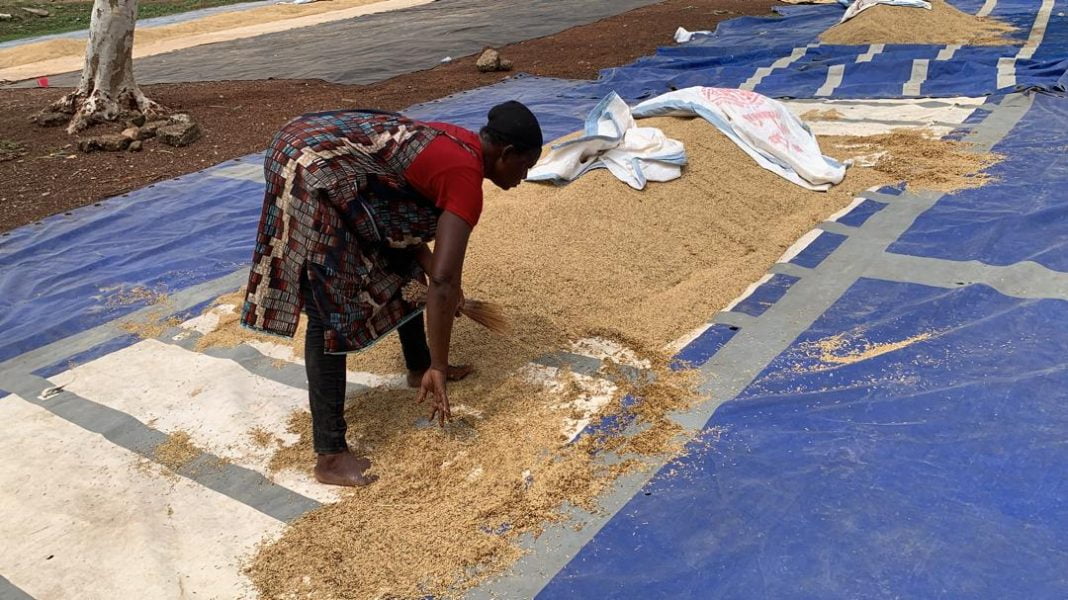The ban on the export of grains may not address the effects of the prolonged dry spell on farmers in eight regions, including the Upper East Region, unless it is complemented by additional government action. This is according to Robert Kwame Abokah, a commercial rice farmer based in Navrongo, a district in the Upper East Region.
“For me, I don’t have any issue with the ban, but the only challenge is if the government will buy what we produce,” he said.
Mr. Abokah pointed out that previous assurances of government support, such as promises to bring in aggregators to purchase surplus rice, often fell short. “Three years ago, we went to the media and complained about our bumper harvest and the post-harvest losses we were experiencing. We spoke repeatedly, and even a buffer stock official came around and said they would bring aggregators to mop up the rice and other produce,” he said.
He noted that this lack of follow-through led to significant losses and limited market options, as international buyers were also banned from purchasing local produce. “In the past, people from Nigeria came to buy our rice, but eventually, they were told not to come anymore. So it’s like you produce, but finding a market is the real challenge.”
Mr. Abokah emphasized that farmers face high production costs in Ghana, and often, the prices offered by the government are lower than those available through unofficial channels. He argues that banning exports alone will not resolve the issue without a comprehensive strategy for buying and managing local produce. “If the government were to mobilize resources and effectively purchase all the surplus, this drought wouldn’t have had such an impact on the country,” he said. “The government needs to step in and help us. Banning exports alone will not solve the problem because if you ban exports but don’t buy the produce, what will happen to the farmers?”
Furthermore, he stresses that sustained and effective government support is crucial for ensuring the country’s food security and helping farmers navigate these challenges. “If the government would come in to purchase everything so that farmers can return to the fields and produce even more, that would be very helpful,” he emphasized.
Meanwhile, despite the drought’s impact in other parts of the region, he noted that his area in Navrongo has been relatively spared this year.
Source: A1Radioonline.com|101.1Mhz|Gifty Eyram Kudiabor|Bolgatanga


